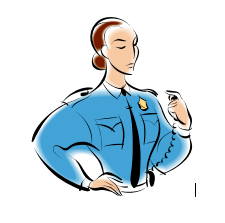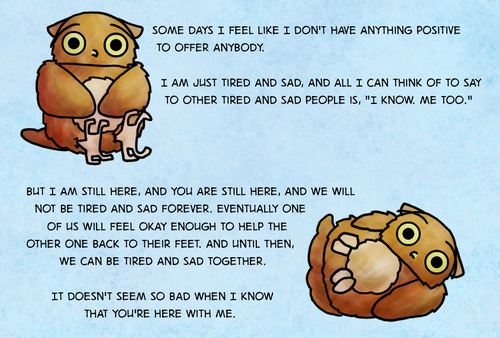Hello, internet.
This is where I come to spill my secrets, right?
Sometime between last week and this one, I went numb–ran out of feelings. I think it was somewhere after the third friend in forty-eight hours contacted me with questions about leaving abusive relationships, between finals and Steubenville and painful anniversaries and suddenly having a living situation that went from Absolutely Planned to Horrifyingly Tenuous. Oh, and it’s my last day of therapy this week.*
And that’s the simple stuff.
Add in friends who need a Social Kate who smiles and has opinions and wit and does not resemble a posed block of wood. Sprinkle in academics, and taking a quarter off to work at a small agency that expects a lot from me. Roll it all in the stress of attending a competitive university where everyone Accomplishes Things that can be itemized on a resume–things that don’t contain scary words like atheist…and feeling anything outside Ron Weasley’s teaspoon involved too much work.
So I just started feeling numb.
It’s awful. I hate it and I go round and round between being irritated at not feeling anything, and getting angry about it…and then giving up because even anger feels muted and exhausting. It’s not terribly unusual–when you run out of emotional energy, that’s how it goes. It sucks, and I know I’m not the only one who gets this. So here’s how I minimize suckage. (The technical term, ya know.)
Lists
An idea stolen from someone–either the indomitable Captain Awkward or Keely. Each day gets two lists. List One: everything I have to accomplish that day in order to prevent the week from crashing and burning, and nothing more. Anything else you accomplish goes on List Two.
List Two starts out empty, and you have no obligation to fill it. It can be empty at the end of the day, and you will still have survived and accomplished important things and can sleep easily. If there is anything on List Two, you get to feel proud of it. You have gone above and beyond. Congratulations! Well done, you.
Excuses ahead of time are your friend.
Because the socially appropriate answer to a concerned “How are you feeling?” is almost never “My brain is being awful and I can’t feel anything and also everything fell apart last week.”, stock phrases are your friend. Among my favorites:
I haven’t been sleeping quite right, thanks for asking!
Because this is true even if it means you’ve been sleeping constantly and your brain feels like fuzz.
Oh, you know, long week. [Tired smile.]
Where a “long week” is defined as any set of days where life was hard and not worth explaining.
I’m a little out of it right now. It’s probably [related thing that may or may not explain your actual problems.]
Poor finals. I’m constantly blaming them–this is my most used phrase. I actually rarely find exams overwhelming, but they’re a fabulous explanation for why I’ve developed the habits of your average hermit crab.
Sorry, I have a touch of a stomachache.
People with stomachaches tend to get all silent and huddle in the corner of any given gathering, trying to force their gastric juices to cooperate. I don’t particularly advocate lying, but if this gets you out of an nosy stranger’s headlights, I approve.
Numb is okay.
There are no Feelings Police. They will not come find you and lecture you into submission for not possessing the correct emotional range. Feeling numb is weird and uncomfortable and unpleasant, but it goes away and you can survive it. Give yourself permission to feel as bad as you do, to nap as long as you need to, and to feel a little hollow.
Be greedy.
And along with that, be greedy. Will taking day off to paint your nails and consume only popcorn make you feel better? Do it. Will skipping that party to play videogames in your room feel better than pretending to feel social? You suddenly have new plans for the evening. Within the limits of your wallet and abilities, do whatever seems as though it could improve your day.
Hide in groups.
The thing about large groups of people is that you can get lost in them. Everyone else will jump about and make noise and try to figure out how to split the check when Susan ate half of the onion rings that Johnny ordered, David and Sarah split an entree, and Jacob only brought large bills. And you can just sit there. Let everyone else have wild, sweeping feelings. There’s less pressure to say interesting things when everyone else is being exciting. You can tune out, drop in for the occasional murmur of agreement, and still be holding up your little corner of being social.
Update: Puzzles
Stephanie explains.
—-
So there it is. Ideally, these will work this time around, and I’ll kick the fuzzy-brain feels sometime before the end of my spring break. What do you do?
* NU requires that I take the coming quarter off from classes to work Monday-Thursday, from 9-5. Therapy is only available Monday-Thursday, from 9-5. I’m sure there’s a witty name for the choice between skipping my lunch hour to get therapy and not having therapy for an eating disorder, but right now I can’t manage to find it.



